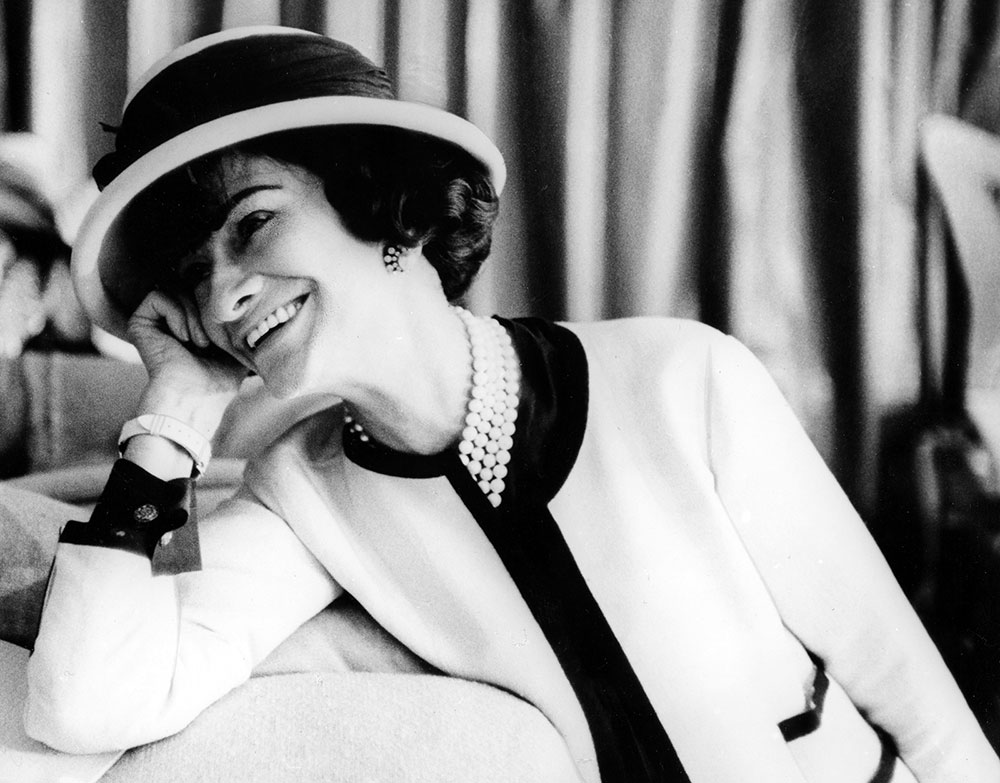
Coco Chanel was a woman ahead of her time, a true entrepreneur who brought women freedom through fashion. And now, fifty years after her passing, her fashion empire and timeless designs are still beloved worldwide. She is best known for popularizing a “casual chic” clothing style for women, and her iconic Chanel No. 5 perfume remains one of the most popular scents to this day.
Yet her early years were anything but glamorous. She was born to humble beginnings in France in 1883 as Gabrielle Bonheur Chanel. Her mother died when she was just 12 years old and her father, who worked as a street peddler, placed her in an orphanage run by nuns and she was unable to receive a proper education. While Chanel tried hard to bury these more unpleasant aspects of her early life, they undoubtedly left their impact, as the orphanage was where she originally learned to sew.
Nevertheless, she refused to let her past determine her future. “If you were born without wings, do nothing to prevent them from growing,” she said.
Her relentless ambition was the base of her success. As she lacked financial means, she quickly sought to improve her status by making social connections to France’s wealthy elite. But beyond having friends in high places, she also worked very hard to make a name for herself. She started off as a seamstress and sang in a cabaret, where she is said to have attained her famous nickname “Coco.”
From the start, Chanel favored garment functionality to improve fashion and suit women’s needs. Her first niche became women’s hats, which were very uncomfortable and impracticable at that time, and she opened her own shop in 1910.
When she started designing clothing, her first success came from a dress she made of an old jersey. People asked her where she got it and she offered to make one for them. She asked her relatives to walk the streets of Paris wearing her pieces. A smart move, as she quickly and subtly attracted consumers’ attention.
In the 1920s, Chanel took her growing business to another level. She launched her first perfume, Chanel No. 5. She also introduced her now legendary suit and ‘little black dress,’ taking a color once associated with mourning and showing how chic it would be for evening wear.
Her designs were revolutionary for the time and she helped women to let go of confining corsets. She ignored defeatists and critics and understood the importance of speaking up: “In order to be irreplaceable, one must always be different. The most courageous act is still to think for yourself. Aloud.”
World War II led her to close her business, but she returned to couture in 1954 after fifteen years of retirement, freeing women once again from ‘illogical’ aesthetics brought about by her male counterparts.
When she passed away at age 87 in 1971, the world lost the most revolutionary and go-getter stylist of its century. However, she left behind a remarkable legacy, for fashion, for entrepreneurship, for woman in business, and for freethinkers.
